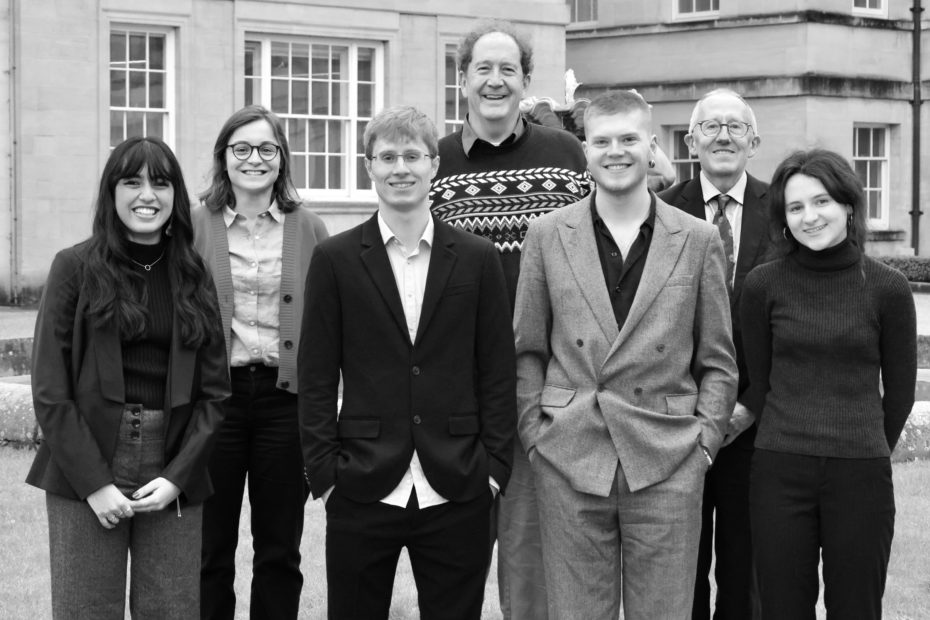Should There be Total Divestment From All Arms Companies?
Written by MSt student Mahdi Ghuloom Reports this year from May indicate that the college council of Trinity College Cambridge, has voted to divest from all arms companies (Mulla, 2024). Pressure has been rising from students on universities to conduct similar actions, often in a non-discriminatory set of demands. Some of course, have been focusing… Read More »Should There be Total Divestment From All Arms Companies?










